Attitudes are composed from various forms of judgments. Attitudes develop on the ABC model (affect, behavioral change and cognition). The affective response is a physiological response that expresses an individuals preference for an entity. The behavioral intention is a verbal indication of the intention of an individual. The cognitive response is a cognitive evaluation of the entity to form an attitude. Most attitudes in individuals are a result of observational learning from their environment.
Attitudes drive behavior. Your body language is a result of your mental attitude. By choosing your attitude you get in that mood and send out a message that everyone understands, consciously or unconsciously.
"Almost always, you have a choice as to what attitude to adopt. There is nothing in any normal work situation that dictates you must react one way or another. If you feel angry about something that happens, for instance, that's how you choose to feel. Nothing in the event itself makes it absolutely necessary for you to feel that way. It is your choice. And since you do have a choice, most of the time you'll be better off if you choose to react in a positive rather than a negative way.
It's hard to always have a good attitude, huh? Well for me at least, perhaps not for everyone. And that part about body language, I just had to put it on here when I read it, for it is so true, the other part of how you choose to feel, I am not so sure but anyways. Well especially for me. LOL






























































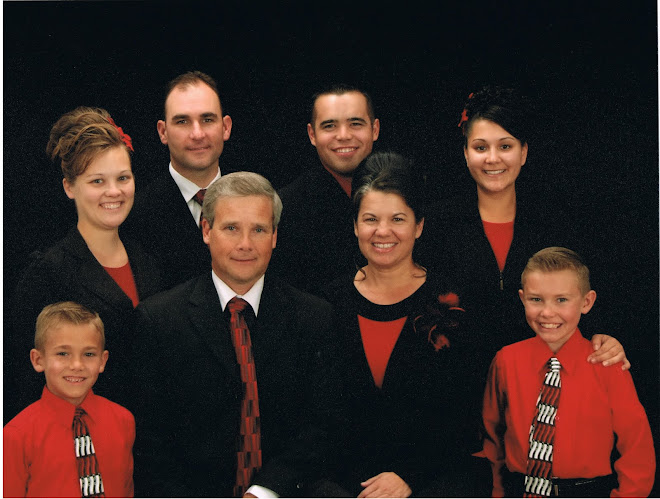








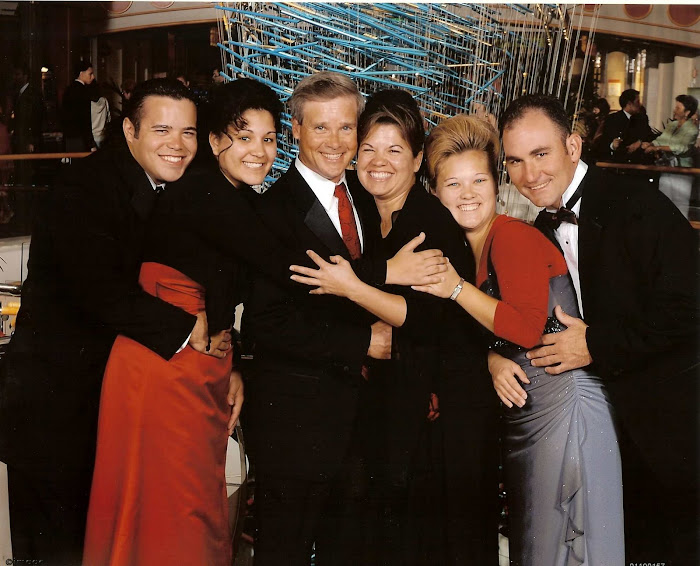
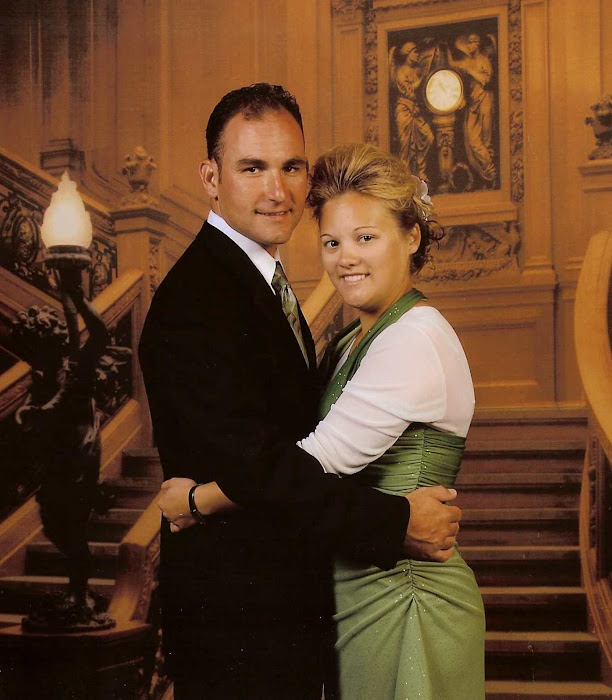
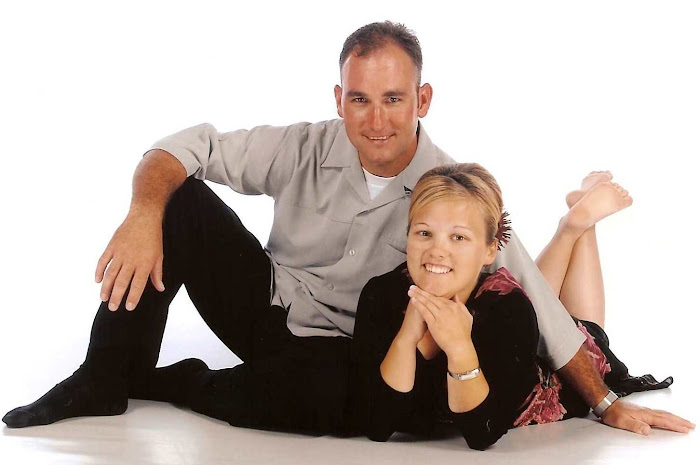
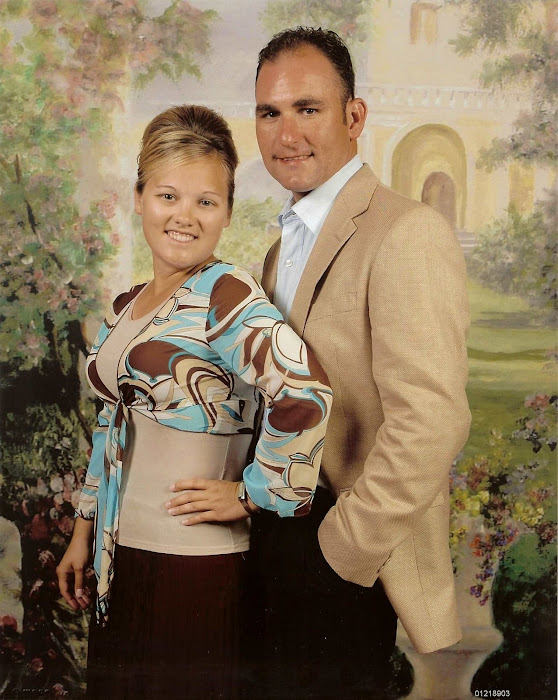

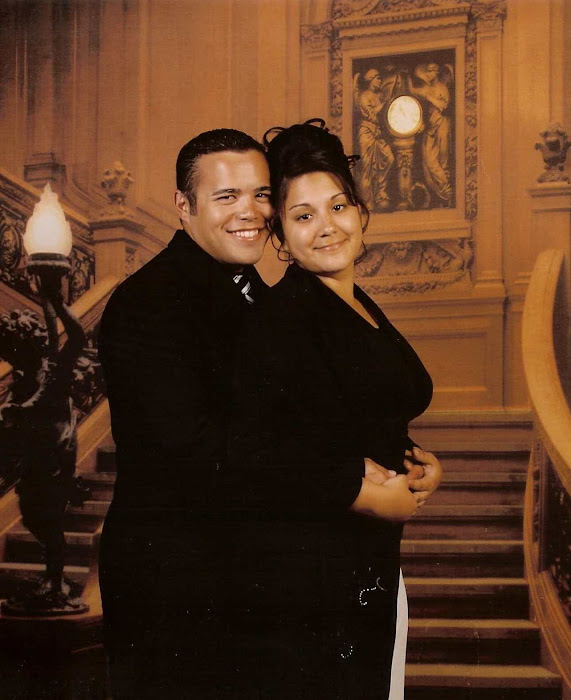



.jpg)



No comments:
Post a Comment